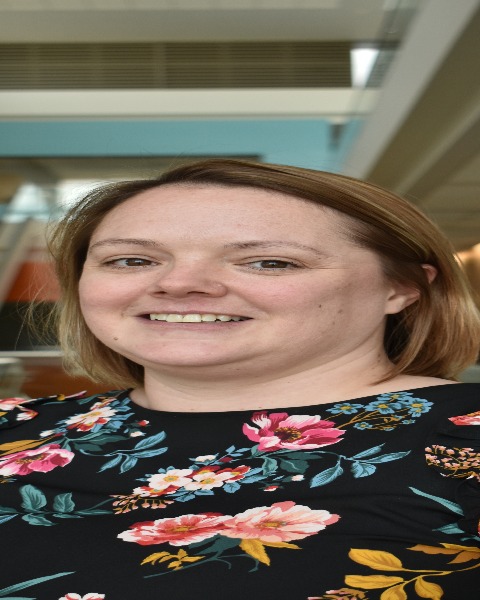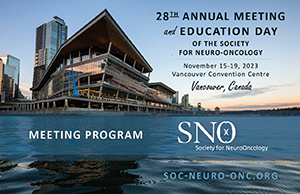
Sara A. Collins
University of California, San Francisco
San Francisco, California, United States
Dr Sara Collins, PhD, Specialist in the Department of Neurological Surgery, University of California San Francisco. Dr Collins has worked in the field of cancer research and gene therapy vector development for almost 15 years. She received her Bachelors in Science in Industrial Biochemistry from the University of Limerick, Ireland. This was followed by a Masters in Applied Science (Biotechnology) from University College Cork Ireland She completed her PhD thesis research on AAV mediated gene therapy for cancer gene therapy with Cork Cancer Research Center at University College Cork (UCC), Ireland. Her post-doctoral training included a year working on Bacteria-mediated gene delivery with the Cork Cancer Research Center followed by her current research studies conducted initially in UCLA, subsequently at University of Miami and now at UCSF. Her current studies focus on the use of retroviral replicating vectors (RRV) for prodrug activator gene therapy of various cancers. One of the main focuses of her work has been the development of novel bacterial nitroreductase expressing RRVs. The ‘prodrug activator’ gene in these vectors is derived from E.coli nitroreductase and this enzyme converts a prodrug into a potent alkylating agent. This vector system would allow for high level agent production only at the point of the tumor resulting in efficient cell killing while minimizing systemic toxicity. Dr Collins has worked on developing clinically applicable vectors, this required sequence optimization of the bacterial E.coli nitroreductase gene for stability and expression in the RRV vector. She has confirmed the stability of these novel vectors through multiple passages in human gliomas cells and also demonstrated efficient cell killing both in vitro and in vivo in a human gliomas model. Dr Collins has continued vector optimization resulting in a more potent version of the nitroreductase vector with increased efficacy across multiple tumor lines in vitro.

